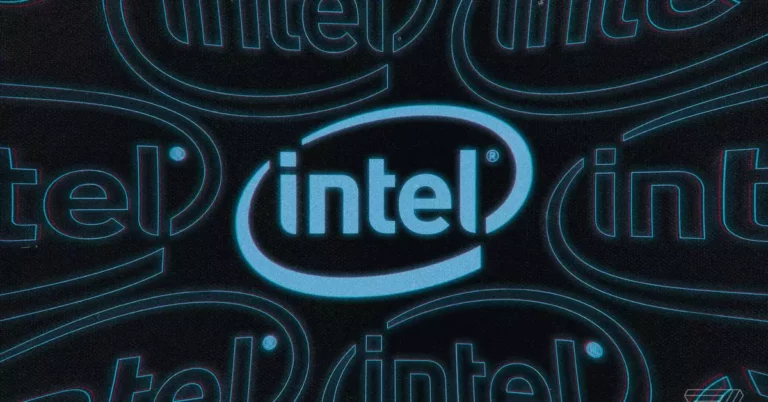The release of Intel’s new Arrow Lake-based Core Ultra 9 200S-series processor has stirred considerable excitement in the tech community. However, early reviews have left much to be desired, particularly concerning its gaming capabilities. While Intel has acknowledged the shortcomings of these chips compared to competitors, the company remains optimistic about addressing performance issues in the near future.
During a recent interview, Robert Hallock, Intel’s VP and GM of client AI and technical marketing, discussed the mixed reception of the new Arrow Lake chips. Reviewers had anticipated a more significant advancement in gaming performance, but findings revealed a disheartening trend: the new processor struggles to even match the capabilities of its predecessor, Raptor Lake, let alone contend with AMD’s Ryzen 9800X3D. This discrepancy highlights a critical gap between what was expected from the Arrow Lake series and the actual performance metrics observed in various reviews.
In a highly competitive market, where gamers seek top-tier performance, Intel’s admission that their new chips would not surpass AMD’s offerings adds an intriguing layer to the narrative. Despite Intel’s assurance that its technological foundation is sound (“the bones are solid”), early empirical evidence suggests an underwhelming product. As gaming enthusiasts often prioritize performance and efficiency, Intel’s Arrow Lake has faced immediate scrutiny, impacting its reception within a market that is already saturated with high-performance alternatives.
Hallock took a candid approach highlighting the company’s responsibility for the performance challenges associated with Arrow Lake. He clearly stated that these issues do not stem from external factors, such as software ecosystems led by Microsoft. This transparency could be viewed positively, as it holds the company accountable and sets the stage for potential improvements. However, it also raises questions about the product’s launch timing and the thoroughness of pre-release testing.
One of the significant takeaways from the interview was Hallock’s commitment to an upcoming update. Intel aims to provide a comprehensive overview of the performance glitches plaguing the new processor by the end of November or early December. This proactive stance is essential, as potential fixes could significantly influence consumer perception and restore confidence in the Arrow Lake series. For gamers and tech enthusiasts alike, the next few months will be critical in determining whether Intel can redeem its latest product.
While Intel’s Arrow Lake processors have not made the impact the company hoped for, the acknowledgment of issues and promised updates offer a glimmer of hope for future enhancements. As competitors continue to advance, Intel’s ability to resolve these performance issues quickly will be paramount in regaining its foothold in the gaming sector. The outcome of this situation will significantly shape the company’s trajectory in the coming months and potentially redefine their relationship with gamers seeking high-performance computing solutions.


Leave a Reply